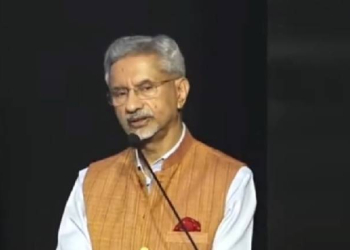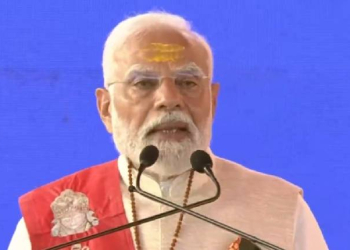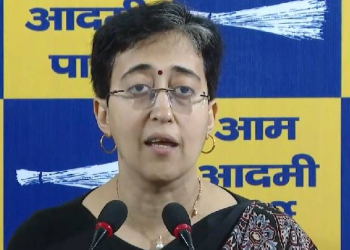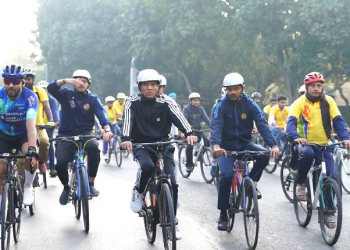New Delhi: The Supreme Court has quashed rape charges against a man, saying that the woman and him had a consensual relationship, which existed before her marriage with another man, went on also during her marriage, and continued after her divorce.
A bench of Justices D.Y. Chandrachud and A.S. Bopanna said: “The relationship between the parties was purely of a consensual nature. The relationship was in existence prior to the marriage of the second respondent and continued to subsist during the term of the marriage and after the second respondent was granted a divorce by mutual consent.”
It said taking the allegations in the complaint, it is impossible to find in the FIR or in the charge sheet, the essential ingredients of an offence under Section 376 IPC.
The top court said: “The High Court, in the course of its judgment, has merely observed that the dispute raises a question of fact which cannot be considered in an application under Section 482 of CrPC. As demonstrated in the above analysis, the facts as they stand, which are not in dispute, would indicate that the ingredients of the offence under Section 376 IPC were not established.”
The top court judgment came on the plea by the man challenging the Allahabad High Court order refusing to quash the rape charges and the charge sheet filed against him in the case.
Allowing the appeal, it set aside the high court order passed on October 5, 2018, in an application under section 482 of CrPC. “The application under Section 482 of CrPC shall accordingly stand allowed,” it said.
The top court also quashed the May 2018 order of the Additional Chief Judicial Magistrate taking cognisance of the charge sheet against him.
It noted that admittedly, the man and the woman were in a consensual relationship from 2013 until December 2017. “They are both educated adults. The second respondent, during the course of this period, got married on June 12, 2014 to someone else. The marriage ended in a decree of divorce by mutual consent on September 17, 2017. The allegations of the second respondent indicate that her relationship with the appellant continued prior to her marriage, during the subsistence of the marriage and after the grant of divorce by mutual consent,” it added.
The top court observed that the woman in her statement recorded before the magistrate had accepted, they had known each other since 2013 and subsequently got into a relationship.
(IANS)



















